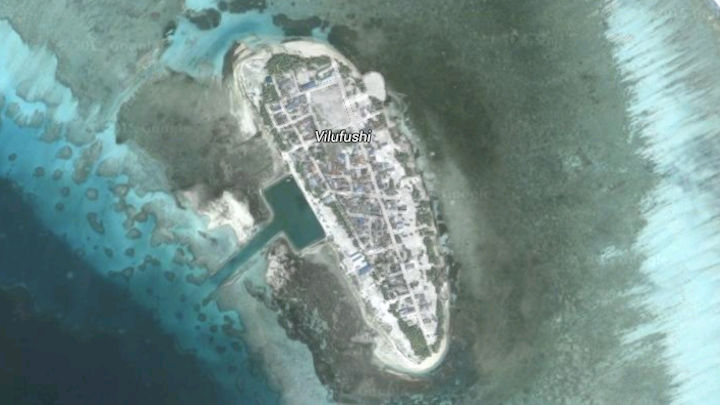Three men arrested in Vilufushi on charges of sorcery
A police spokesperson told The Maldives Independent that the suspects were arrested with warrants after complaints from islanders alleging that they were practicing black magic in houses and boats. The islanders accused the men of causing damages to households using black magic.

28 Dec 2015, 09:00
Three men have been arrested on the southern island of Vilufushi in Thaa atoll on suspicion of practicing sorcery and black magic.
A police spokesperson told The Maldives Independent that the suspects were arrested with warrants after complaints from islanders alleging that they were practicing black magic in houses and boats.
The islanders accused the men of causing damages to households using black magic.
The suspects – aged 48, 56, and 58 – are due to be released today after two days in remand detention.
Become a member
Get full access to our archive and personalise your experience.
Already a member?
Discussion
No comments yet. Be the first to share your thoughts!
No comments yet. Be the first to join the conversation!
Join the Conversation
Sign in to share your thoughts under an alias and take part in the discussion. Independent journalism thrives on open, respectful debate — your voice matters.




